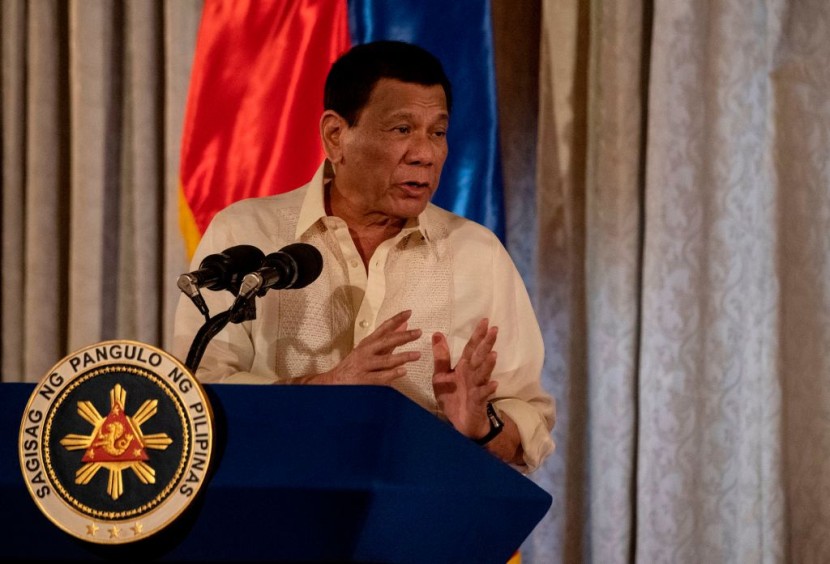
The International Criminal Court (ICC) turned down an application on Tuesday, July 18, made by the Philippine government to halt an investigation by prosecutors into the brutal "war on drugs" campaign led by former President Rodrigo Duterte.
The Philippines, according to ICC Judge Marc Perrin de Brichambaut, has no further avenues for appeal after the Hague-based court's decision.
The ICC said in January that it would reopen its probe into suspected "crimes against humanity" during Duterte's presidency, and this judgment follows suit.
'War on Drugs'
Since Duterte initiated his notorious drug war shortly after taking office in 2016, police data indicates that more than 6,000 individuals have been murdered in anti-drug operations.
According to CNN, many of the extrajudicial executions of alleged drug offenders have taken place in economically depressed regions. The actual death toll is likely far higher, according to independent observers.
Attorney Kristina Conti, who represents some of the relatives of drug war victims, expressed optimism that this ruling will mark a turning point in the fight against impunity in the Philippines.
"Victims of Duterte's 'war on drugs' are, as always, praying for genuine justice that has not been available for the poor, downtrodden, and powerless in the Philippines," she stated in a Twitter post.
Both the current government of President Ferdinand Marcos Jr. and the previous administration of Duterte have publicly opposed the ICC's investigation into extrajudicial murders committed during the drug war.
Victims of Duterte's "war on drugs" are, as always, praying for genuine justice that has not been available for the poor, downtrodden, and powerless in the Philippines. We expect the ICC Appeals Chamber to be fair and wise in its decision, to be enlightened and compassionate. +
— Kristina Conti (@chronikrissys) July 17, 2023
ICC vs. Philippine Government
CNN reported that the ICC first declared its intention to look into the matter in February 2018. However, it postponed its inquiry at Manila's request in November 2021 after the latter said it was conducting its own review.
After the ICC began questioning Duterte's drug campaign in the Philippines, Duterte withdrew the country's membership. Nevertheless, crimes committed between 2016 and 2019, when the Philippines' exit from the ICC became effective, remain within the court's jurisdiction under the organization's withdrawal process.
President Marcos Jr., who took over for Duterte last year, has declared that the Philippines would "disengage" from the ICC since Manila does not accept the court's jurisdiction in questions of national sovereignty.
Justice Secretary Jesus Crispin Remulla said the day before the verdict that the Philippine government would not carry out any arrest warrants issued by the ICC if the probe continued, claiming that the Philippines had its own judicial system to deal with drug offenses.
In his statement, Remulla said that the ICC was motivated by a "political agenda" to reopen the probe, which would compromise both the country's independence and freedom.
© 2026 HNGN, All rights reserved. Do not reproduce without permission.








